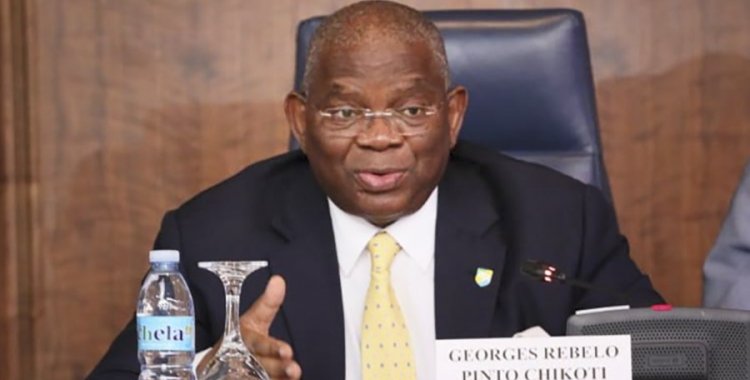Georges Chikoti, who was speaking to journalists in the Angolan parliament, where the 1st session of the Joint Parliamentary Assembly of the Organization of African, Caribbean and Pacific States - European Union (OEACP - EU) took place, was asked about stability and security in the continent and stressed that these issues are discussed at the level of regional organizations and the African Union, which takes decisions on the matter.
He highlighted, on the other hand, that some West African countries, "which are in a state of transition", have already signed the Samoa Agreement, a new general framework for relations between the European Union and ACP countries, recognizing that there are security issues to resolve , but within the scope of other organizations.
"Right now, if we look at West Africa, the region has some problems that need to be resolved," he said, without naming countries.
Burkina Faso, Mali and Niger are currently countries governed by military joints that are not internationally recognized and which announced in January their withdrawal from the Economic Community of West African States (ECOWAS), leaving 12 countries in the bloc (Benin, Cape Verde, Costa do Ivory, Gambia, Ghana, Guinea, Guinea-Bissau, Liberia, Nigeria, Senegal, Sierra Leone and Togo).
ECOWAS suspended and sanctioned the three countries, which decided in January to leave the organization, but Chikoty believes the decision can be reversed.
"According to what I read, in the last few days they will probably cancel this decision to maintain the organization," he said, implying that a solution will be proposed.
"The OEACP does not have a mandate to say what the region should do, but I am sure that within the scope of ECOWAS they will find a way to overcome" the situation, he added.
Founded in Lagos, Nigeria's current economic capital, in 1975, the organization imposed sanctions and embargoes on Burkina Faso, Mali and Niger to force their governments to restore democracy after the coups that brought the military to power.
Regarding the accession of the 13 countries that are not yet signatories to the Samoa Agreement (a total of 79), he stated that "the countries are sovereign" in this decision, but highlighted that it is just a signature.
"Just sign, then they discuss with their own parliament at the time of ratification, whether they want it or not, these are different stages. Once they agree, they ratify and move on to the next stage", highlighted the Angolan diplomat.
"I believe that this agreement is good because cooperation with the European Union is development aid, all EU funding is generally non-refundable aid", he highlighted, reinforcing that "it would be good for countries to take advantage of this".







